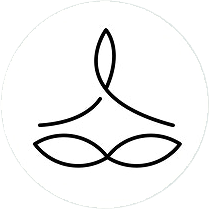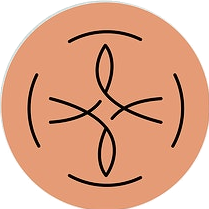Menopause
Understanding the Transition
Understanding Menopause
Menopause typically occurs naturally in women, most commonly after the age of 45. It is characterised by the cessation of menstruation, signifying the decline in ovarian function and the subsequent decrease in hormone production, particularly estrogen and progesterone. A woman is considered to have reached menopause when she has not had a menstrual period for twelve consecutive months.

Changes in Menstrual Patterns
Periods may become irregular, shorter or longer in duration, lighter or heavier in flow, with varying intervals between cycles.

Hot Flashes and Night Sweats
Sudden feelings of intense heat, often accompanied by flushing and sweating, particularly during sleep, can disrupt daily life and affect sleep quality.

Sleep Disturbances
Difficulty falling asleep or staying asleep, as well as experiencing night sweats, can lead to fatigue and daytime drowsiness.

Vaginal Dryness
Decreased estrogen levels can result in vaginal dryness and discomfort during intercourse, impacting sexual health and quality of life.

Mood Changes
Fluctuations in hormone levels can contribute to mood swings, irritability, anxiety, and feelings of depression.

Cognitive Changes
Some women may experience difficulty concentrating, memory lapses, and other cognitive changes during menopause.
Managing Menopause Symptoms
While some women may navigate through menopause with minimal discomfort, others may require treatment to alleviate bothersome symptoms. It’s essential to discuss your individual experience with a healthcare provider who can offer personalized guidance and treatment options tailored to your needs.
Empowering Your Journey
At Janani Clinics & Surgical Center, we support women through every stage of life, including menopause. We provide expert guidance, resources, and personalized care to help you manage menopause symptoms and maintain optimal health and well-being.
